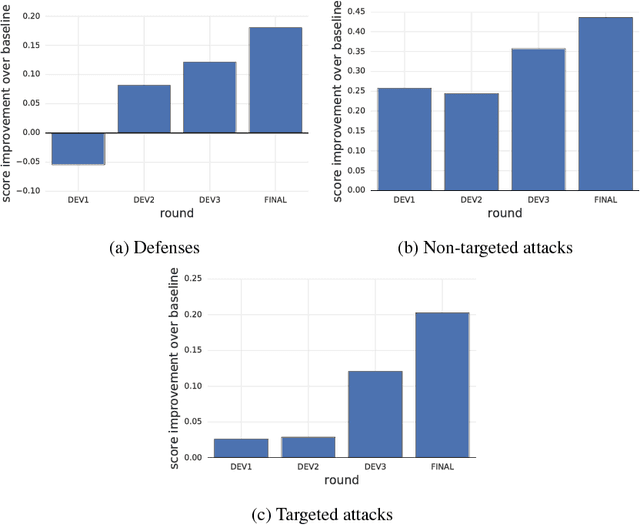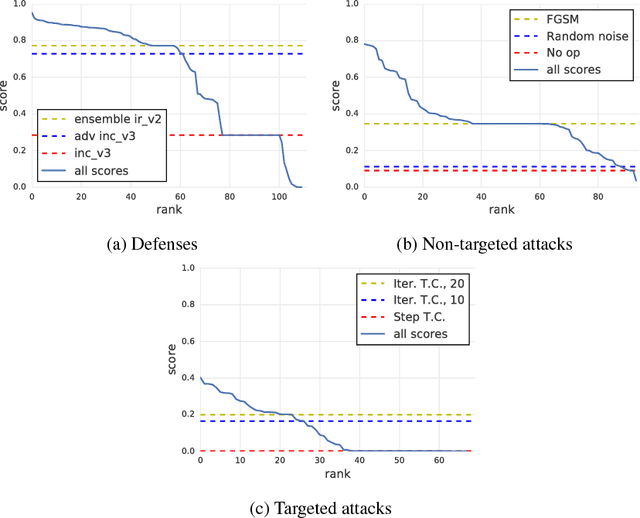Zhonglin Han
USM-Lite: Quantization and Sparsity Aware Fine-tuning for Speech Recognition with Universal Speech Models
Jan 03, 2024Abstract:End-to-end automatic speech recognition (ASR) models have seen revolutionary quality gains with the recent development of large-scale universal speech models (USM). However, deploying these massive USMs is extremely expensive due to the enormous memory usage and computational cost. Therefore, model compression is an important research topic to fit USM-based ASR under budget in real-world scenarios. In this study, we propose a USM fine-tuning approach for ASR, with a low-bit quantization and N:M structured sparsity aware paradigm on the model weights, reducing the model complexity from parameter precision and matrix topology perspectives. We conducted extensive experiments with a 2-billion parameter USM on a large-scale voice search dataset to evaluate our proposed method. A series of ablation studies validate the effectiveness of up to int4 quantization and 2:4 sparsity. However, a single compression technique fails to recover the performance well under extreme setups including int2 quantization and 1:4 sparsity. By contrast, our proposed method can compress the model to have 9.4% of the size, at the cost of only 7.3% relative word error rate (WER) regressions. We also provided in-depth analyses on the results and discussions on the limitations and potential solutions, which would be valuable for future studies.
JaxPruner: A concise library for sparsity research
May 02, 2023


Abstract:This paper introduces JaxPruner, an open-source JAX-based pruning and sparse training library for machine learning research. JaxPruner aims to accelerate research on sparse neural networks by providing concise implementations of popular pruning and sparse training algorithms with minimal memory and latency overhead. Algorithms implemented in JaxPruner use a common API and work seamlessly with the popular optimization library Optax, which, in turn, enables easy integration with existing JAX based libraries. We demonstrate this ease of integration by providing examples in four different codebases: Scenic, t5x, Dopamine and FedJAX and provide baseline experiments on popular benchmarks.
Adversarial Attacks and Defences Competition
Mar 31, 2018



Abstract:To accelerate research on adversarial examples and robustness of machine learning classifiers, Google Brain organized a NIPS 2017 competition that encouraged researchers to develop new methods to generate adversarial examples as well as to develop new ways to defend against them. In this chapter, we describe the structure and organization of the competition and the solutions developed by several of the top-placing teams.
 Add to Chrome
Add to Chrome Add to Firefox
Add to Firefox Add to Edge
Add to Edge